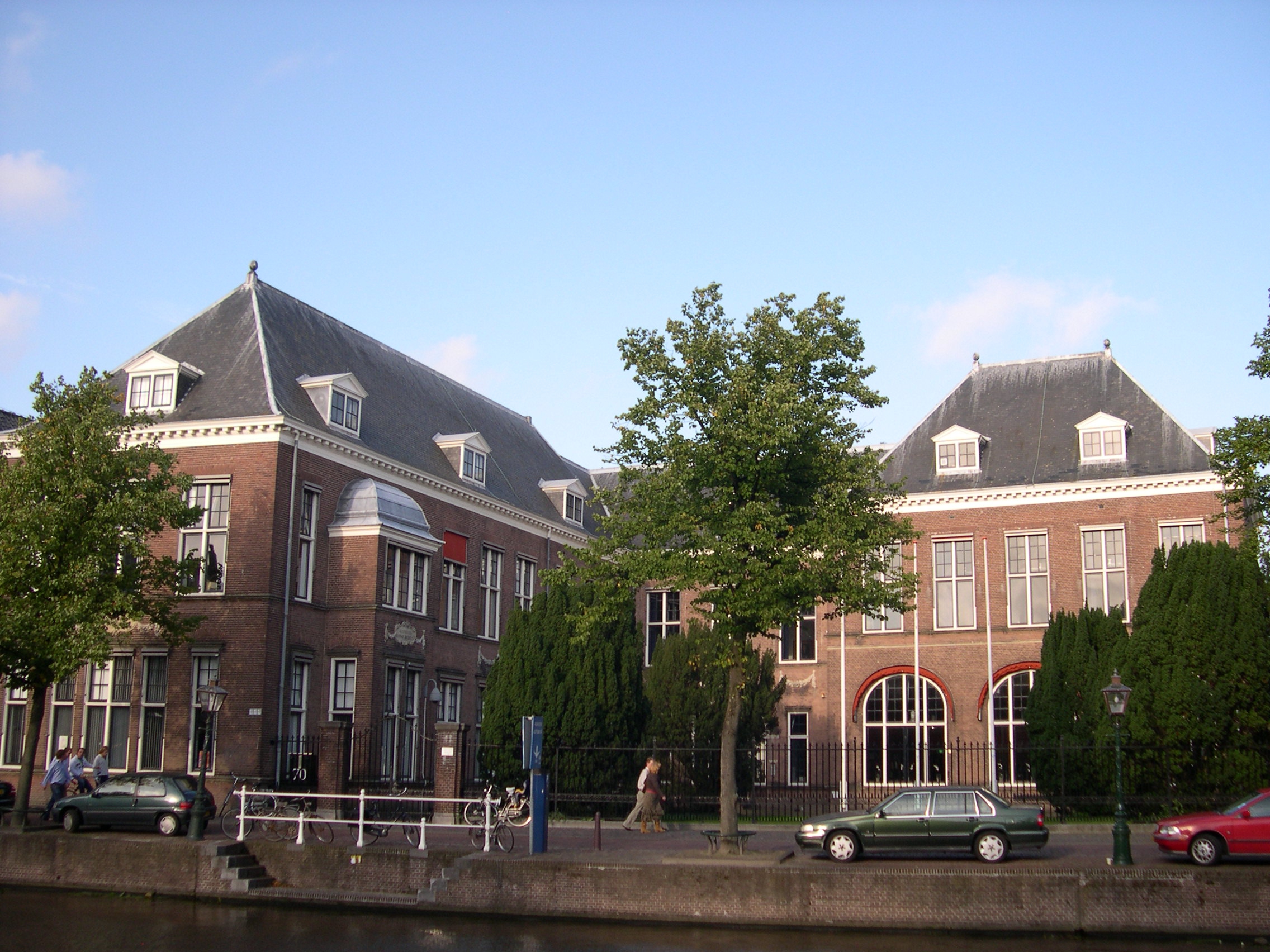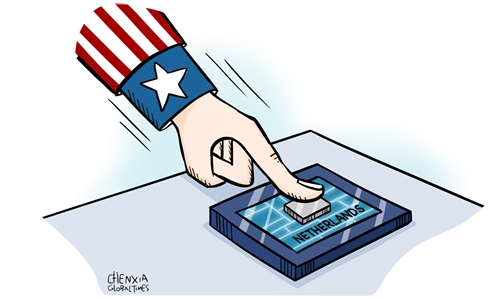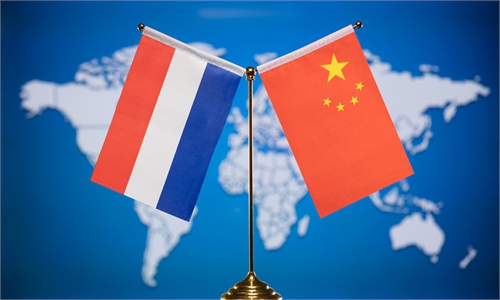
Administration Building of University of Leiden, Netherlands Photo: VCG
The Netherlands is reportedly working on legislation to ban Chinese students from taking courses involving technologies such as chips and defense, an "alarming signal" as the sector long resilient to China-Europe political ups and downs is under the shadow of politicization, analysts said on Tuesday.
The Netherlands is considering legislation to screen foreign students, who plan to study in technical fields, for possible security risks, a spokesperson for the Education Ministry said on Monday, according to Reuters.
Though the ministry said the new rules would govern all students arriving from outside the EU, not just Chinese students, the move is widely interpreted as the latest in a string of moves taken by universities and the government to restrict access to Dutch technology for Chinese students and companies.
The Netherlands had roughly 122,000 international students seeking a bachelor's or master's degree as of May, according to NUFFIC, the Dutch organization for internationalization in education.
China, with 5,610 students, ranked No.4 among countries of origin, following Germany (22,775), Italy (7,633) and Romania (6,717).
Among Chinese students, the most popular fields of study were engineering (1,441) and economics (1,422). Meanwhile, 800 were majoring in language and culture while 600 were in natural sciences.
A Chinese graduate student at Leiden University surnamed Shen told the Global Times on Tuesday that she and other students were surprised after seeing the news. Having studied in the Netherlands for four years, Shen thought that local education institutes are open and inclusive, but the Dutch government is now jeopardizing the academic atmosphere it used to be proud of.
Perhaps the US is casting its influence, but the Dutch government should have a clear, rational perception of China-Netherlands relations, as there are obviously more areas of win-win cooperation than conflict, Shen said.
Another student surnamed Chen majoring in international relations said "If so, there is no academic freedom at all."
Students also felt that application to Dutch education and research institutes had become harder with higher rates of rejection.
The Dutch government in March said it would adopt stricter export rules for semiconductor technology.
Cui Hongjian, director of the Department of European Studies at the China Institute of International Studies, told the Global Times on Tuesday that the reported education ban is an alarming signal, as under the US' push, disruptions to normal China-Europe cooperation and exchanges have extended from industry and technology to the education and people-to-people sectors.
The sector was long an area resilient to politicization and key to forming positive mutual perceptions between China and Europe, Cui said.
While the US has been very used to witch-hunting in the academic and education sectors, Cui warned against a dangerous trend under which more Western countries might follow suit, putting up barriers to bilateral exchanges with the excuse of economic or national security, and restricting normal cooperation in more areas citing "de-risking."


